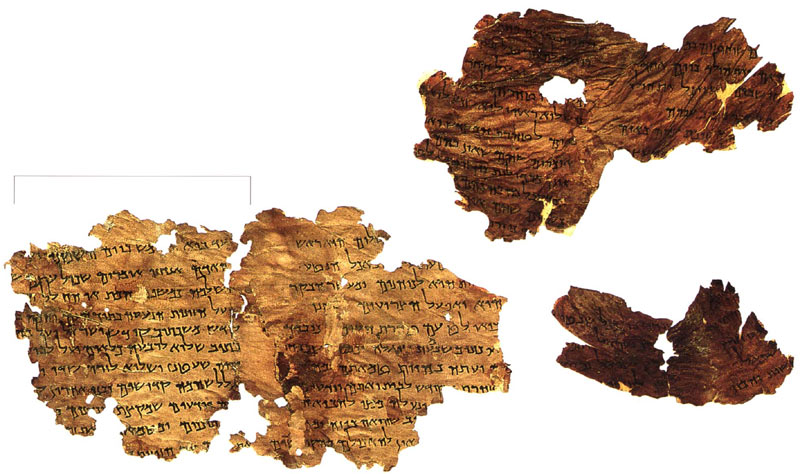One day last February, I found a few words by Gertrude Stein on the Internet, only to discover that the day happened to be the 140th anniversary of her birthday. The next morning, I reached for a collection of poems by the Czech Beat poet Vladimira Čerepková only to learn that—by chance—she would be celebrating her birthday on that day. The third day, I started to wonder if I could find a poet who was born that day, too. And I did. And only the devil knew why I decided to look for 365 poets, one for every day of the year.
This is how my blog, útržky (fragments), was born. At first, I looked only for Czech poets and/or Czech poetry translations, illustrating the poems with my photographs—most of them taken on the very day, but quite a few on my trips to (Jewish) cemeteries, Prague, Copenhagen and my walks around my city of Brno.
After a week or so, I started adding my own, sometimes rough and ready, translations. I soon realized there are more poets worth mentioning than days in the year, so I had to choose. For my search, I used the data of a dozen websites—information about Czech authors can be found in the online Dictionary of Czech Literature (in Czech) or on the Czech Literature Portal; for foreign literature, I used both printed and online encyclopaedias and Wikipedia.
The free copyright works are largely available online, but most often I had to go to the local library, where I could be seen with a pile of books several times a week. My search gradually evolved into a quest for lesser-known, forgotten or simply marginalised authors—either women poets or authors who were simply “different”. Of the total of 365 poems, spanning three centuries, I have ended up translating poems—most of them from English, but some from German, Russian, Polish, and one each from Serbian and Swedish.
Sometimes I looked up the names of the poets in advance, but I always chose and translated the poem on that particular day, often just in the nick of time—otherwise it just didn’t make sense to me. I also kept revising the poems; some have been rewritten two or three times, a few of them (ironically, the rhymed ones) haven’t been changed from day one.
On some days, I got the dates mixed up (no, night owls shouldn’t really try to change their daily routine); sometimes I discovered so many interesting authors, it was hard to choose. Now and then, an author did not make it to the blog because no collection of their poems was available, I left the book at home while travelling, or I simply did not like their style. But as soon as I started looking for an excuse, I often found somebody else. Sometimes the translated text ended up in the recycle bin of my notebook or in a scrapbook, and after I decided to let it be, I somehow found another poem which was easier to read, relate to and translate. A mystery.
Over time, a random, crazy idea transformed into a project and people started asking me why I was doing it—some couldn’t understand how I found the time (I didn’t know myself: each post took an hour or two a day), some couldn’t fathom that the project really wasn’t a marketing ploy. To me, it was an addiction—an anchor on the days and in the weeks when I didn’t feel well or happy.
I finished the project a few months ago, and since then, something hasn’t been right. I feel I have to go on. After all, some of the poets deserve more attention (judging also by the responses of the readers): Janet Frame, Charles Simič, Philip Levine, Carol Ann Duffy, or Anne Sexton, whose poetry and life story has also been published in the Czech literary magazine HOST. I hope to return to their poetry soon. In fact, this is what I’m doing right now, co-operating with another magazine, Tvar.
I’ve also agreed to front a couple of poetry-in-translation readings, promoting mostly women poets. But I would also love to promote Czech poets. Who knows, there might be at least twelve worth starting another project for, starting with Pavel Petr and his poem published in the spring issue of Agave.

